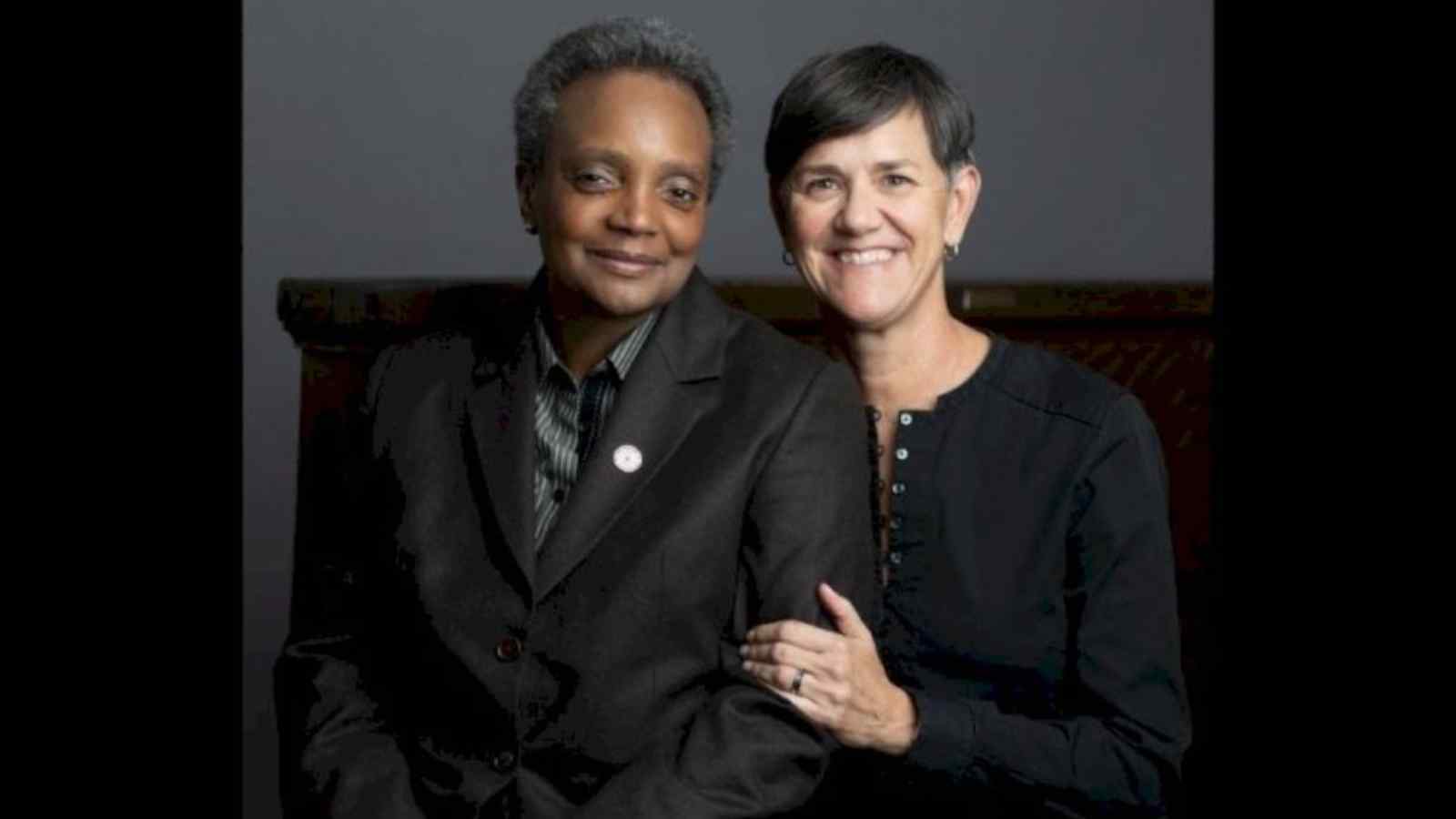Stop Bad Service Day, which is observed on the first Wednesday of March, is significant for many reasons, including rudeness, inattention, and even lying. The Day is dedicated to bringing attention to businesses and other organisations that provide poor customer service. We urge everyone to attempt to stop this trend in its tracks.
The background of Stop Bad Service Day
Unsatisfactory customer service can be the deciding factor between a repeat, loyal customer and one who disparages the company online and offline. And according to NICE CXone’s customer satisfaction survey, more than half of the 700 individuals surveyed were not satisfied with the service or resolution they received.
But where did customer service originate? And when did customer service become so vital to a company’s success that, according to a 2018 report, it can cost a business $75 billion annually in lost revenue?
The narrative began with the invention of the telephone. Although the majority of items were created at home, the concept of having someone to complain to was gaining traction. As the number of catalogues increased, people began to mail-order more items. In 1894, a new invention known as the telephone switchboard was introduced. Still, customer service was reserved for a select few, those who could afford the expensive service at the time.
The Industrial Revolution followed, bringing with it a new middle class. They possessed purchasing power and had access to mass-produced items. By the 1920s, department stores had developed sections to specifically meet customer needs. Customers could visit these departments and speak with staff for assistance with returns and other quick fixes. New machines necessitated new inquiries — and repairs — and increased customer service.
From 1929 to the end of World War II, the economy and people’s purchasing power plummeted. Customer service only regained its strength with the advent of computing technology. In the 1950s and 1960s, innovation and efficiency flourished. The sophistication of switchboard technology increased, and service calls could now be taken remotely; customer service was no longer confined to a physical location.
The latter half of the 20th century witnessed numerous technological advancements. Customers could now store recorded messages on a disc and even listen to previously recorded messages. Eventually, analogue was replaced by digital. Call centres on global labour markets have become the norm, and voice technology has reached previously unimaginable heights.
Then, a further significant change disrupted how everyone provided service. Internet has altered all aspects of communication. Now, there are instant chats, personalised behavioural data, and social media. Each innovation influenced the manner in which businesses, organisations, and others interacted with customers. People began to recognise and anticipate improved service quality. Customer service had become an absolute necessity. Despite all the available technology, the customer of today expects excellent service with a personal touch.
We have not yet discovered the origins of this day, but as soon as we do, you will be informed.
Share a Smile Day 2023: Date, History, Facts, Activities
5 INTERESTING FACTS REGARDING POOR CUSTOMER SERVICE
Even though the customer complained nearly seven times, the company refused to take responsibility for this third-party charge until they were forced to by negative publicity.
Whirlpool refused to replace a microwave that malfunctioned five times in six months until they were called out publicly.
A user tweeted that he had to jump through hoops and call someone named Brian in order to be unsubscribed from Baremetrics’s product.
Two establishments, the Mollymook Ocean View Motel in New South Wales and the Union Street Guesthouse in New York, charged guests for writing what they deemed to be ‘defamatory’ reviews; both faced severe backlash, with the New York establishment receiving more negative reviews.
Singer SZA tweeted about being racially profiled at Sephora’s Calabasas store and received a non-apology; after receiving hundreds of similar stories, Sephora temporarily closed all of their U.S. stores to provide diversity training for their employees.
STOP BAD SERVICE DAY DATES
| Year | Date | Day |
|---|---|---|
| 2022 | March 2 | Wednesday |
| 2023 | March 1 | Wednesday |
| 2024 | March 6 | Wednesday |
| 2025 | March 5 | Wednesday |
| 2026 | March 4 | Wednesday |



